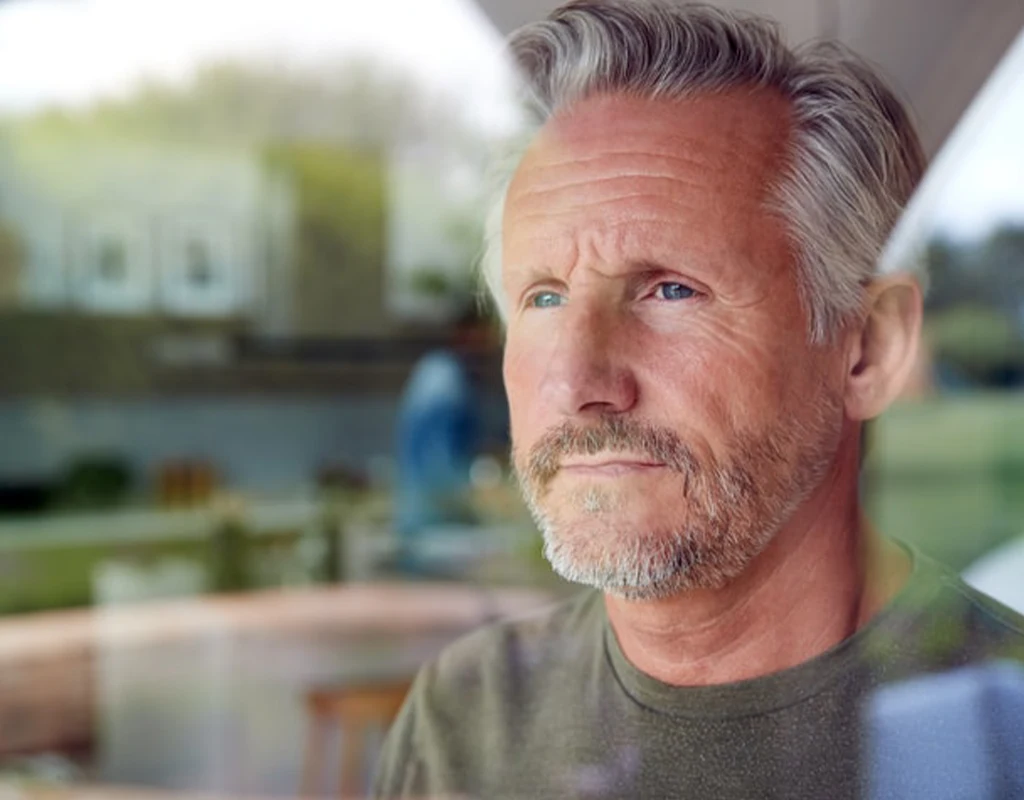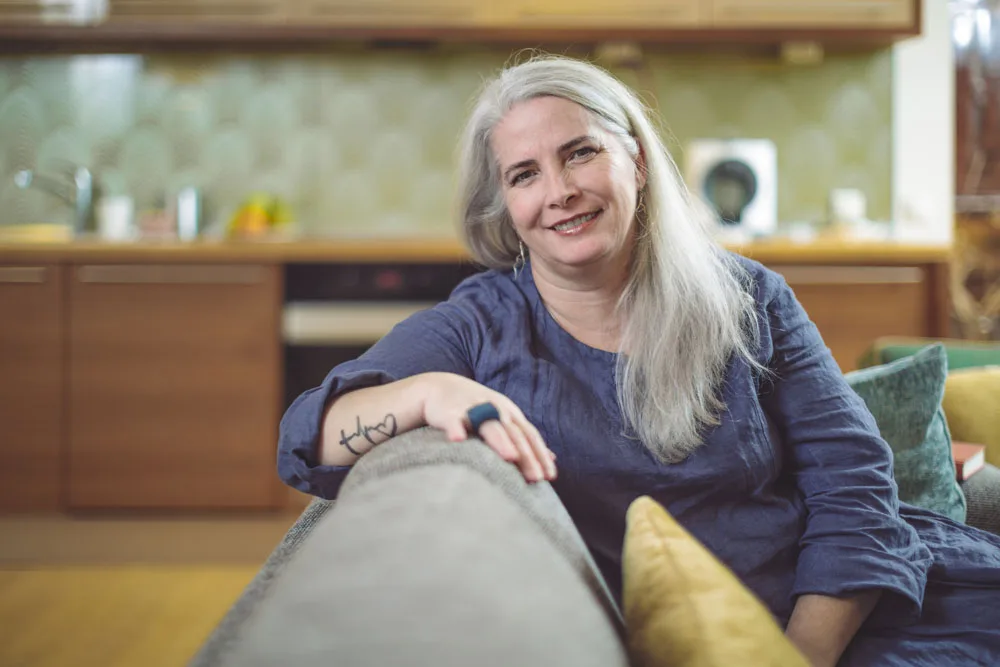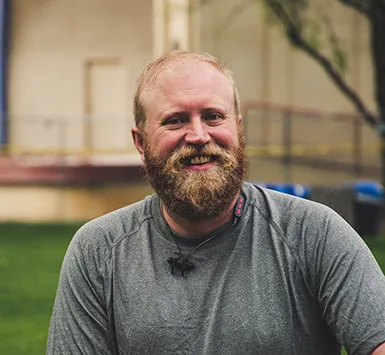What is disability advocacy and how can it help?
Disability advocacy is where somebody supports or works on behalf of a person with disability to help them to speak out and defend their rights and interests. An advocate could be a family member or friend, a service provider, or somebody from a disability advocacy organisation.
Disability Advocacy Network Australia has lots of information about different types of disability advocacy.
Some examples of how advocate might help:
Explain to a school or workplace the approach or supports that will help you to thrive in that environment
Ensure a doctor or medical practitioner understands your choices and preferences about their care
Attend a meeting with Centrelink or the NDIS with you to provide support and to make sure your voice is heard and properly considered
Help you to make a complaint when your rights have not been respected.
Many people with a disability have family members who advocate for them. Family members often know you best and are very effective and passionate advocates. But it can be challenging for family members to learn all about disability and the disability sector, especially with a recently acquired or diagnosed condition. This is where professional support can be helpful, either from a disability advocacy organisation, or a service provider like a support coordinator or recovery coach.
What is a disability advocacy service and how can I find one?
Disability advocacy organisations are usually not-for-profit agencies that exist to support people with a disability and their families. They might do this by:
Providing information and resources
Offering one-on-one support and guidance, or helping you to understand the support available to you
Helping you to understand your human rights and how to stand up for your rights
Educating the general public about disability
Lobbying government to make improvements for people with disability.
Read more information about what disability advocates do in this fact sheet from the Disability Advocacy Resource Unit.
Many disability advocacy organisations are focussed on one particular type of disability, which means they are experts in that area. These groups provide a wealth of information and support. To find a disability advocacy group relevant to you, use the Disability Advocacy Finder tool.
The Disability Advocacy Support Helpline provides phone-based disability advocacy support no matter where you live in Australia. To request disability advocacy support through the helpline contact the Disability Gateway.
The National Disability Advocacy Program is a government service providing advocacy for complex challenges.
How can support coordinators and recovery coaches help with disability advocacy?
While technically a disability service provider cannot be an ‘independent advocate’ as defined in the NDIS legislation, support coordinators and recovery coaches can be in a good position to help you express what you need, for example, to other service providers, medical practitioners, work, or school.
Support coordinators and recovery coaches can help you to learn self-advocacy, and develop the skills and confidence to stand up for your own rights. They can also connect you to organisations that can formally advocate for you.
Learn more about how recovery coaching and support coordination can help you.
What does good advocacy look like?
Disability Advocacy Network Australia says that all advocates need to:
listen to the person they are working with
find the issues that they can help them with
give the person information about their options for addressing the issues
help them to present and express their views and wishes to others
help them to understand and defend their rights
be independent and be on the side of the person with disabilities and no-one else’s.
How does the NDIS support disability advocacy?
The law that created the NDIS, and governs the way it works, specifically recognises the role of advocates and representatives of people with a disability. It requires registered providers to work with advocates and representatives, particularly if there are incidents or complaints.










